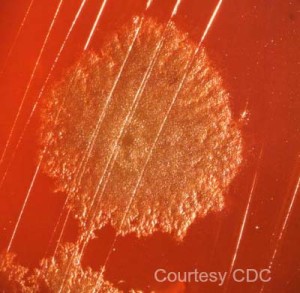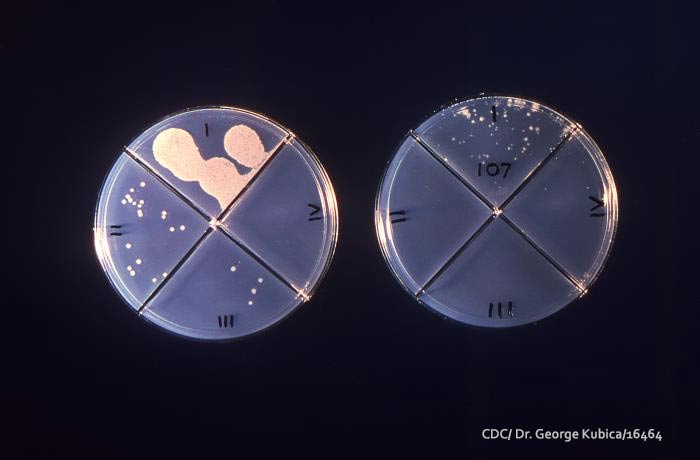Botulism food poisoning is a rare but serious illness caused by consuming foods that are contaminated with a nerve toxin called botulinum. This toxin is produced by the bacterium Clostridium botulinum. The toxin affects the nervous system and can cause paralysis and death.
is a rare but serious illness caused by consuming foods that are contaminated with a nerve toxin called botulinum. This toxin is produced by the bacterium Clostridium botulinum. The toxin affects the nervous system and can cause paralysis and death.
Any food that may be contaminated with this toxin should be discarded using extreme care. Even a tiny amount of toxin that is eaten or absorbed through a break in the skin or the eye can cause serious illness.
The following methods of disposal are recommended by the U.S. Centers for Disease Control and Prevention (CDC):
- Unopened Can:
Do not open or puncture the can. Place the unopened can in a sealable bag, wrap another plastic bag around it, and tape it tightly. Dispose of the taped bags in a trash receptacle for non-recyclable trash outside the home and out of reach of humans, animals, and pets. Wash your hands with soap and running water for at least 2 minutes after handling the can. - Opened, Leaking or Bulging Can or Other Food:
Do not open or puncture the can. Place the unopened can in a sealable bag, wrap another plastic bag around it, and tape it tightly. Dispose of the taped bags in a trash receptacle for non-recyclable trash outside the home and out of reach of humans and pets. Wash your hands with soap and running water for at least 2 minutes. Any food that may be contaminated with botulinum toxin should be discarded using extreme care. Even a tiny amount of toxin that is eaten or absorbed through a break in the skin or the eye can cause serious illness. Avoid splashing and contact with the skin. Wear rubber or latex gloves when handling an open can, leaking can, or food prepared from one of the recalled products. Do not discard the food in a sink, garbage disposal, or toilet. If the food is in a disposable container, leave it in the container. Put the container in a sealable bag, wrap another plastic bag around the sealable bag, and then tape tightly. If the food is in a non-disposable container, put the food from the container into a sealable bag, wrap another plastic bag around the sealable bag, and then tape tightly. Dispose of the taped bags in a trash receptacle for non-recyclable trash outside the home and out of reach of humans and pets. Fill the non-disposable container with a dilute bleach solution (use ¼ cup bleach for every 2 cups of water), and allow to soak for at least 15 minutes. Discard the liquid and wash the container thoroughly with soap and running water. Sponges, cloths, rags, and gloves that may have come into contact with contaminated food or containers should be discarded with the food in a non-recyclable trash receptacle.After disposing of the product, slowly remove gloves and dispose in a non-recyclable trash receptacle after use. Wash your hands with soap and running water for at least 2 minutes. - Spilled Can:
Make a dilute bleach solution (use ¼ cup bleach for every 2 cups of water). Wear rubber or latex gloves and avoid contact with the skin. Completely cover the spill with the bleach solution. Place a layer of paper towels, 5 to 10 towels thick, on top of the bleach. Let the towels sit for at least 15 minutes, then put the paper towels in the trash. Wipe up any remaining liquid with new paper towels. Clean the area with liquid soap and water to remove the bleach. Wash your hands with soap and running water for at least 2 minutes. Be aware that bleach can damage surfaces. Cleaning a surface with soap or any other detergent and water without first treating the area with a bleach treatment may not remove the botulinum toxin.
